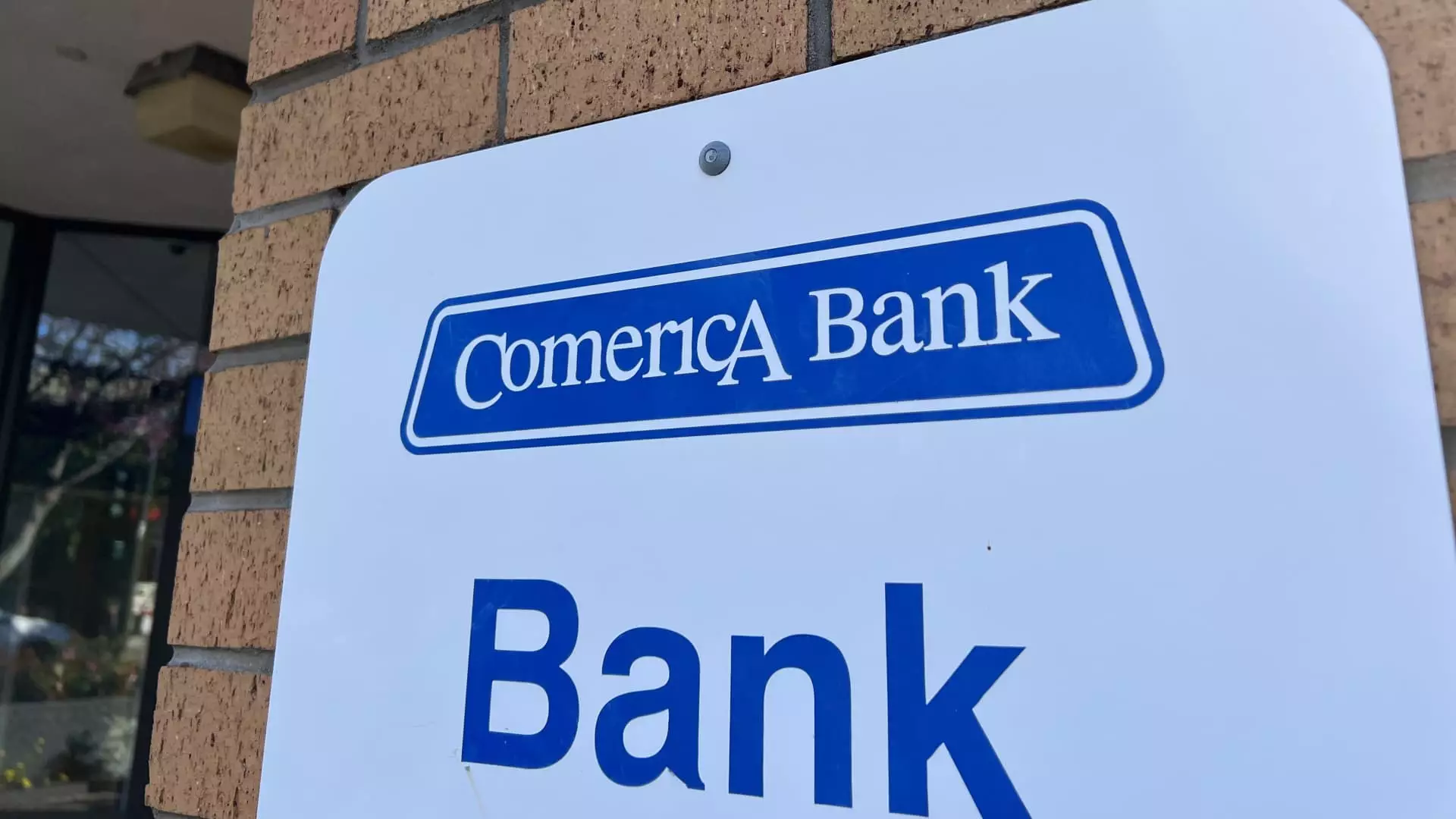In a significant legal development, the Consumer Financial Protection Bureau (CFPB) has lodged a complaint against Comerica Bank, alleging serious lapses in the administration of the Direct Express prepaid debit card program. This program serves as a financial lifeline for millions of Americans relying on federal benefits, including Social Security. The CFPB claims that Comerica systematically terminated over 24 million customer inquiries, improperly charged more than a million account holders unauthorized ATM fees, and mishandled fraudulent activity reports, all of which are grave infractions impacting vulnerable populations.
The CFPB’s allegations are particularly troubling given the demographic that the Direct Express program serves. Many beneficiaries are older adults or individuals with disabilities who often lack access to traditional banking services. The complaint highlights that, despite assurances of 24/7 customer assistance on the Direct Express website, genuine service failures have made it increasingly difficult for customers to resolve issues. CFPB Director Rohit Chopra articulated the severity of the situation, stating, “By deliberately disconnecting millions of calls and harvesting illegal junk fees, Comerica boosted its bottom line at the expense of Americans living on a fixed income.” Such assertions paint Comerica’s actions in a highly detrimental light, raising questions about the ethics of banking practices targeting economically disadvantaged clientele.
In response to these charges, Comerica Bank has pushed back, asserting that it has acted under the oversight of the federal government as the Financial Agent of the Direct Express program. The bank’s vice president of media relations, Louis Mora, emphasized that Comerica has cooperated fully with the CFPB’s inquiries, presenting documents that showcase the complexities and specific regulatory frameworks governing its operations. Mora’s statements suggest a narrative of misinterpretation, arguing that the CFPB’s treatment of the bank’s actions lacks contextual understanding and fails to acknowledge the partnership with federal entities.
This case is not an isolated instance; it fits into a broader pattern of scrutiny faced by financial institutions regarding the management of public benefits. In 2022, the CFPB penalized Bank of America with a $100 million fine for similar mismanagement of state unemployment benefits. Such actions by the bureau underscore a commitment to safeguarding consumer rights, especially among those who are most at risk of exploitation or neglect. The scrutiny of Comerica stands as a reminder of the accountability that financial institutions must uphold, particularly in managing essential government programs.
As this case unfolds, it serves as a pivotal reminder of the diligence required from financial institutions entrusted with the administration of federal benefits. The CFPB’s proactive stance in addressing potential malpractice highlights the ongoing need for transparency and accountability. For Comerica Bank, the implications of this complaint are far-reaching, impacting not only its reputation but also its obligations to a population that relies heavily on its services. The outcome of this legal battle may set a significant precedent in how financial entities are monitored and held responsible for their role in facilitating government benefits.

